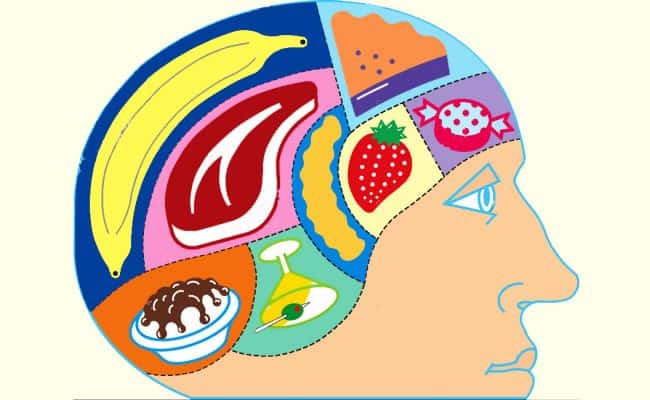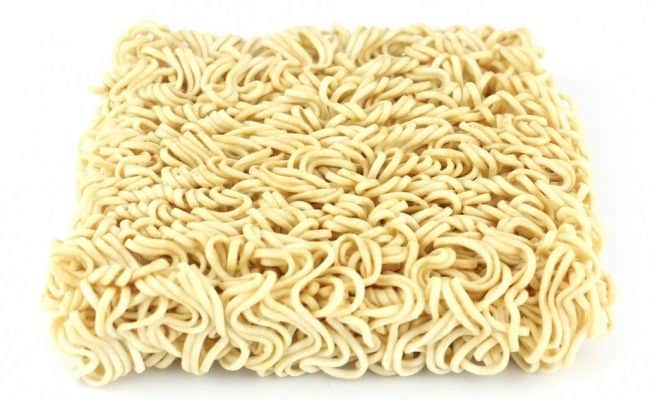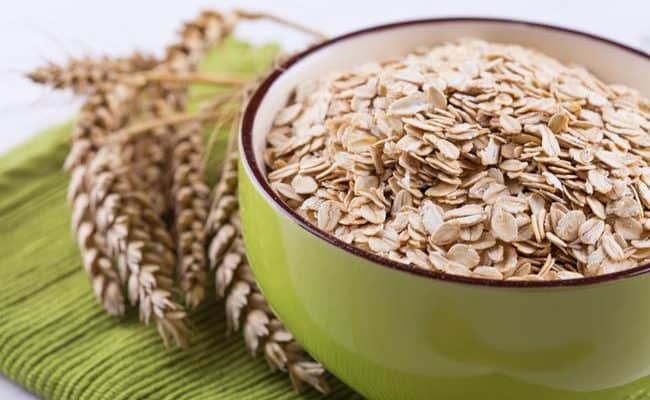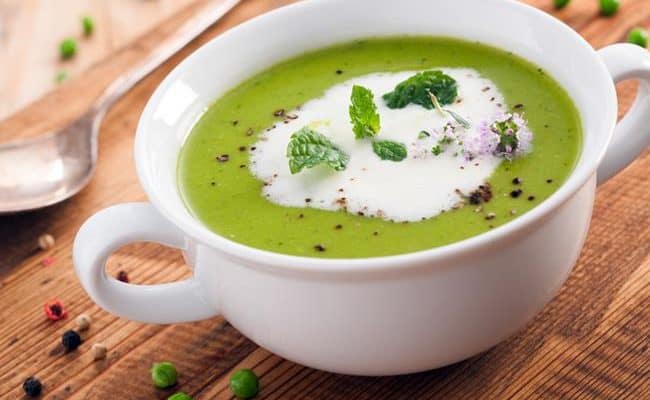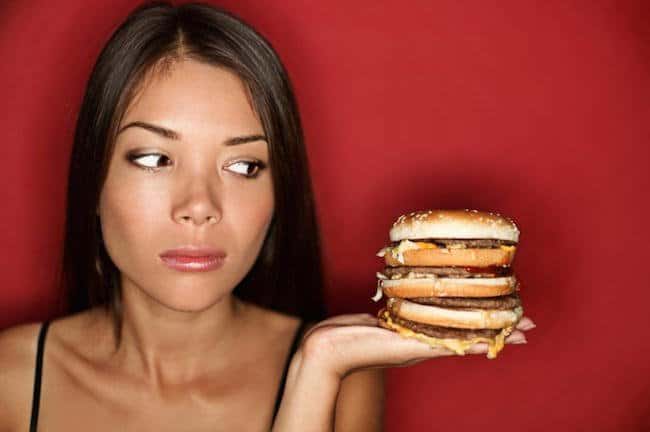
We all know we should eat when we feel hungry, as this is our body telling us we need more energy, however, for a lot of people hunger is not a feeling that is experienced frequently. Eating when you are not hungry is very common, and in some cases necessary, but unfortunately it can also lead to overeating and therefore weight gain.
Situations when eating when you’re not hungry may be necessary.
Very few of us have enough flexibility in our work and lives to stop and eat whenever we feel hungry, no matter what time of day or night. This means that we have to eat at regular designated intervals to prevent hunger later on when we may not be able to eat.
In an average nine to five job, with little down time throughout the day it is important to eat before work, on your lunch break and after work, to ensure you have enough energy to get you through the day.
Even if you are not hungry at these particular times it is important to eat something to avoid slumps in blood sugar levels and the temptation to binge on unhealthy foods later in the day.
Non-hungry eating that can lead to weight gain
Social eating
Eating is not just something we do to fuel our bodies; it is a big part of our social interaction with others. Many events, celebrations and even work related meetings revolve around food, and whether we are hungry or not, it may appear rude or anti-social not to eat at these functions.
Meeting friends and family members to catch up may also involve a slice of cake or an extra portion of food you may not have eaten otherwise.
At social functions it is easy to overeat or not pay attention to what you eat due to the distractions around you. Many people will eat beyond the point of being full without even realising what they are doing. To avoid continuing to eat after you are full, move away from food that may be easily picked at such as nibbles and snack foods. Also do not be afraid to take your time eating and not to finish everything on your plate if you are full.
If you are in the habit of meeting friends for a snack and coffee, which you don’t really need, suggest an alternative meeting arrangement that doesn’t involve food, such as going for a walk together. Alternatively, change the meeting time to a meal time and have an actual meal when you feel hungry, rather than an extra bit of food you don’t want.
Studies have shown that when we eat with others our intake of food is likely to increase, this may be because we see others eating something and think ‘if they are having it why can’t I have it too?’ It has also been suggested that the longer the food stays in front of us, the more we are likely to consume, as if the food is there we often continue to pick at it, no matter if we are hungry or not. To avoid this, ask for dishes to be cleared as soon as everyone has finished eating.
Boredom eating
Boredom eating can be a big cause of weight gain. When you are bored it is easy to float into the kitchen looking for a snack just for something to do. To avoid this, try to occupy your time with activities that keep you away from food. Take up a hobby that occupies your hands making it impossible to reach into a bag of potato chips or try exercise as a good way to improve your health and distract your boredom.
Eating is often a welcome distraction in boring situations such as long car or plane journeys, or even university lectures or TV ad breaks. To avoid eating in these situations, try chewing gum or drinking a low calorie drink such as tea to distract from boredom without adding calories.
Mindless eating
Eating without really thinking about it is a very common form of non-hunger related eating. This usually occurs when we are eating at the same time as doing something else like watching TV, talking to people at parties or even during a movie at the cinema. To avoid this, position yourself away from food sources so as not to pick as you do something else. If you must eat whilst watching TV, choose a low calorie snack such as air popped popcorn, or sip a herbal tea.
Keeping a food journal of everything you eat can also help to reduce mindless eating. When you see the quantity of food you are actually eating without realising it, it may be enough to make you more conscious of your eating habits and more careful about what you put in your mouth.
Stress eating
Stress can be a major reason for eating when you are not hungry. After all, who hasn’t come home from a stressful day at work and headed straight for a tub of ice cream or bar of chocolate to make you feel better.
Be it a tough working day, a fight with a partner or family member or a pile of university assignments waiting to be done by the next day, there is no doubt that an indulgent snack can help you unwind and relax. However, as these types of snacks tend to be unhealthy and high in calories, this can also lead to weight gain, particularly if you lead a stressful lifestyle.
To counteract this type of eating find non food related ways to relax yourself, such as taking a long hot bath, watching a favourite light weight movie, listening to music or best of all getting active. Exercise is a great way to reduce stress, clear your head and get some alone time, not to mention burning off a few calories along the way.
Outside influences on eating
Our eating habits can be very dependent on our surroundings. Television viewing for example, is one influence that tends to make people eat more. A Yale study recently found that people who watched TV ads were more likely to eat, not only the product they saw advertised, but any other food as well.
Other factors, such as smell, what you can see, and even talking about food can also influence what you eat as these trigger signals of hunger even if you have just eaten. A study at the University of Illinois even found that people exposed to a poster about exercise are more than those exposed to a poster with a different topic. Although they had done no extra exercise themselves, just the thought of it seemed to make them want to eat more.
Although there is no way to completely control these outside influences, removing distractions such as TV and music whilst eating is thought to reduce our intake. Make your dining experience relaxed and focussed only on eating whenever possible.
It just tastes good
For many of us the reason we eat when we are not hungry is simply because we enjoy food. Those who“live to eat”, rather than the other way around, need no excuse for a quick nibble other than the fact that they just love food. These types of people will rarely turn down a food they like, whether they are hungry or not.
There is nothing wrong with getting pleasure from eating, however, if food is your thing, it is important to remember that some foods should be considered treats and not eaten every day. By being selective in your treats and only eating those that you really love, and are therefore worth the calories, you can avoid weight gain associated with over-indulgence.
If you know you will be indulging at a special occasion, try to balance your food intake by eating healthier options for the rest of the week. Remember that healthy food can also taste good, so use your passion for food to explore healthy recipes and cooking techniques for food pleasure with less calories.
References used in this article

